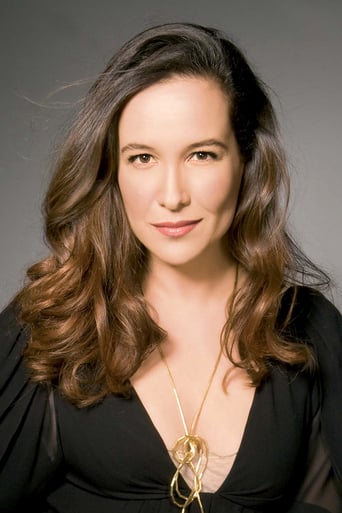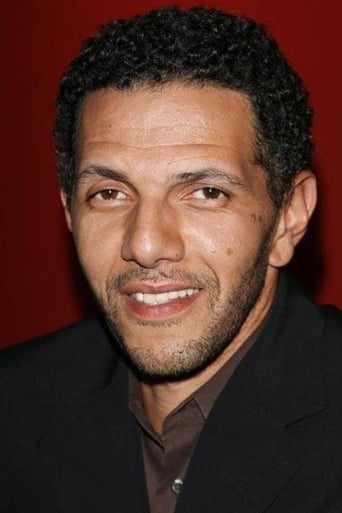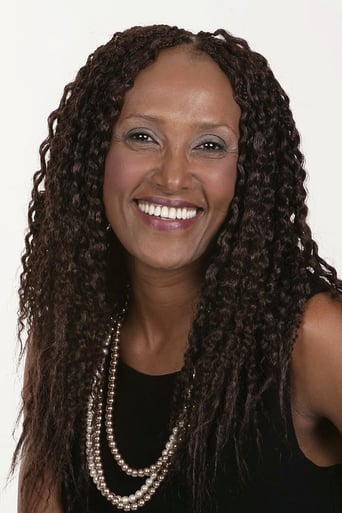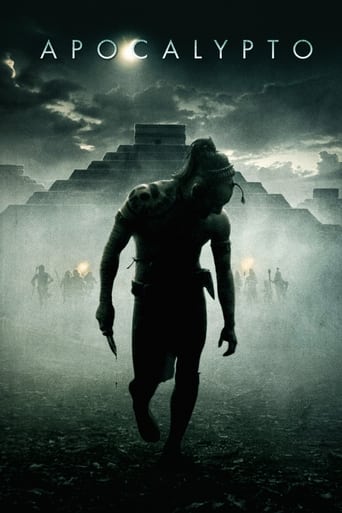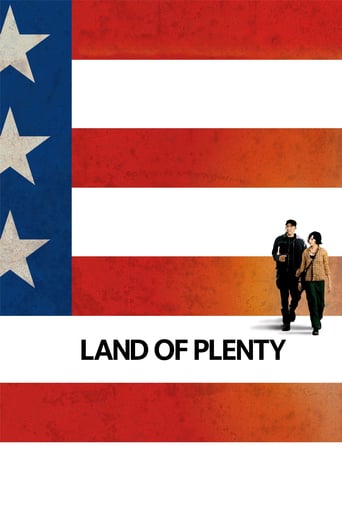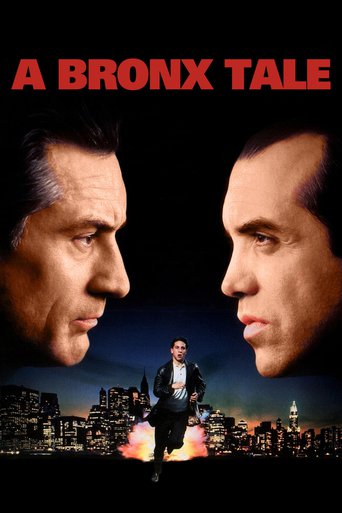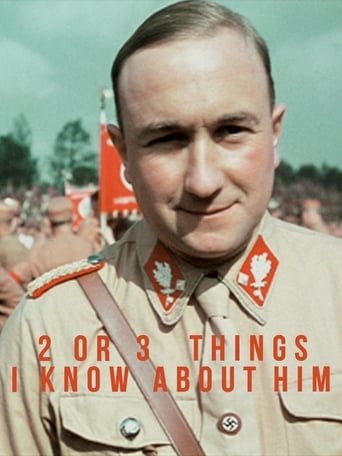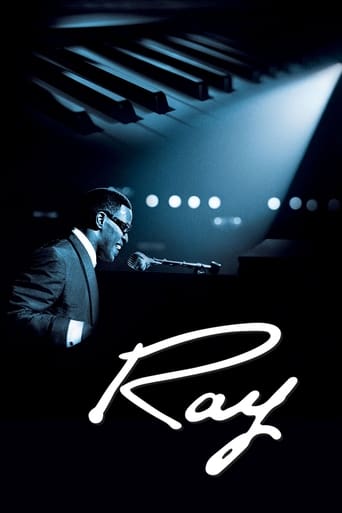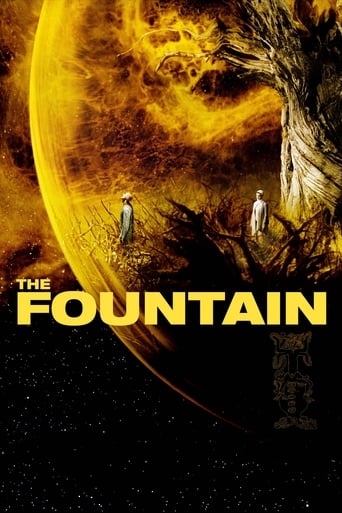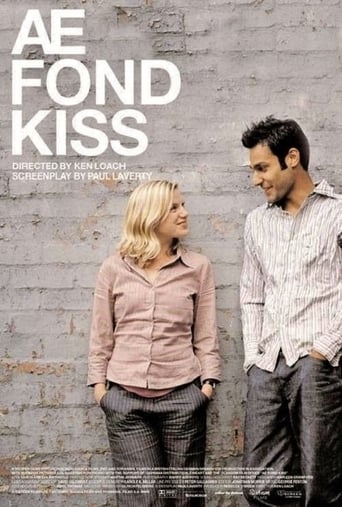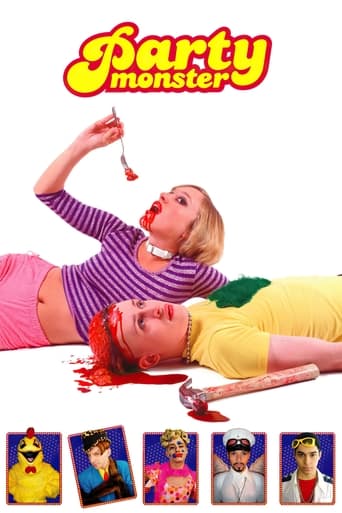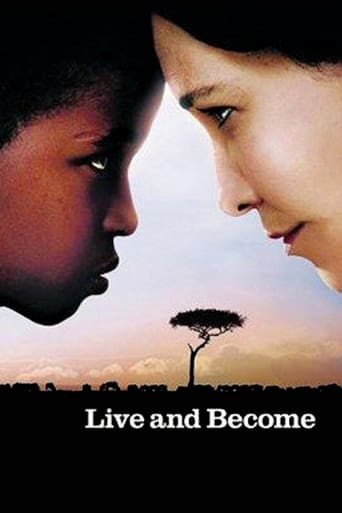
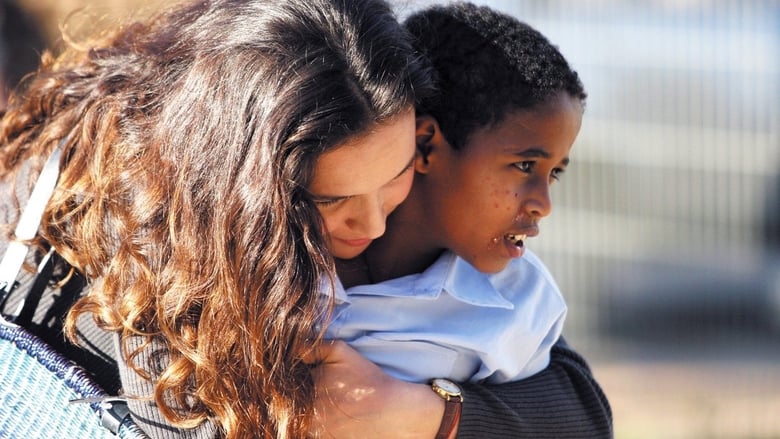
Live and Become (2005)
In 1980 the black Falashas in Ethiopia are recognised as genuine Jews and are secretly carried to Israel. The day before the transport the son of a Jewish mother dies. In his place and with his name (Schlomo) she takes a Christian 9-year-old boy.
Watch Trailer
Cast


Similar titles
Reviews
That was an excellent one.
Such a frustrating disappointment
A different way of telling a story
Very good movie overall, highly recommended. Most of the negative reviews don't have any merit and are all pollitically based. Give this movie a chance at least, and it might give you a different perspective.
I found this French / Israeli / Belgian / Italian film in the book 1001 Movies You Must See Before You Die, I read a short description before watching it, and it did sound like something worthwhile of that recommendation. Basically set in 1980 in Ethiopa the black Falashas have Christian beliefs and live in poverty, and every so on transports come into the community and take away people away to Israel, and a young boy, who is renamed Schlomo (Moshe Agazai) is sent by his Mother (Meskie Shibru-Sivan Hadar) to get on it, told to "Go, live, and become". Eventually the boy is adopted into a good family, who have no knowledge he has replaced am Ehtiopian Jewish boy who died, from the beginning he is forced to endure racism and learn the Jewish religion, he remains depressed for some time, until he is able to send a letter to his real mother. Schlomo as a teenager (Moshe Abebe) seems to have become accustomed to the adoptive family, but he still struggles with the Jewish ways, and he finds himself falling in love with Sara (Roni Hadar), but her father is an extreme racist, he tries to gain "real Jewishness" competing in a Bible interpretation competition, but this makes no difference to the father's attitude. Disappointed he decides to himself into the police explaining that he is a Falasha and not Jewish, but he is ignored and his adoptive parents send him to study medicine in France, it is there that he and Sara get married, her family are taken from her, but in the circumstances Schlomo will not reveal his true identity until she becomes pregnant. Sara does find out his true origins, she leaves him not for his deception but for believing that she would not have trusted or loved him anyway, but the adoptive mother helps them reconcile, but Schlomo is given a condition by Sara, he must meet his real mother again, as a doctor he does find the way to return to Ethiopa fugitive camp, in the end Schlomo and his mother do have an emotional reunion. Also starring Yaël Abecassis as Yael Harrari, Roschdy Zem as Yoram Harrari, Sirak M. Sabahat as Schlomo as an adult and Yitzhak Edgar as Qès Amara. I have seen these kind of films before, someone bing forced to go against their beliefs to fit into a new society or family, the racial tension and religion clashes do add to what could have been a predictable story, and the inclusion of hard hitting moments of human poverty is also moving, it is certainly a worthwhile drama film. Good!
I saw Go see and become yesterday without no expectations what so ever. The movie surprised me though, it was a good movie but I knew that something was bothering me about it, and today I realized what it was.Sure the movie is good. It's sad and fun at the same and sure the acting is good but the writers got caught up in something else that they didn't see the big picture.Shlomo, the main character who got the opportunity to flee Sudan at the age of nine with help from his mother and a woman who pretended Shlomo is her son and that he's a Jews, just like her. His mom told him to go see and become, to not come back before he's become something of himself.The plan is that all the black Jews from Sudan have the opportunity to start a new life in Israel, they're being saved from starvation and from a poor life.Sadly, the woman who pretended to be Shlomos mom, died and Shlomo is all by him self, he starts boarding school but is too aggressive and disorderly so he gets adopted by an Israeli family. The rest of the movie is about Shlomo having a secret, that he's not a Jew and that he had a family back in Sudan, that his mother is still alive. It's also about him growing up and finding love and about the Israeli family becoming a family to ShlomoBut Shlomo is too obsessed with his mom back in Sudan, he wonders why he isn't aloud to come back home and he thinks about his mom everyday at every moment possible.He is too busy with his mom back in Sudan the whole movie, that he couldn't see that he got an amazing family, a wife, and a kid. It's almost that he didn't realize what parents are, just because you give birth to a child dosen't mean that you're a mom. A mom is someone who's always there and loves you, helping you become a good human being, is there for your wedding and your birthdays and so on.He couldn't even see that Yael, the Israeli mother where always there for him. And then we have the Israeli dad. He was the one who wanted to adopt Shlomo but the older Shlomo got, his attitude to Yoram was meaner and he couldn't see that Yoram was the one who saved his life.I think that Shlomo was ungrateful the entire movie and his only wish was to be with his mom. That my IMDb friends, was the thing that bothered me about the movie, Ungratefulness. It's one of the most despicable things in the world.
The writer and director of this utterly amazing and gut-wrenching film is the Romanian Jewish emigré to Paris, Radu Mihaileanu (born 1958). Every shot, every detail, every performance, and all the dialogue, is completely and totally brilliant. That perfection, plus Mihaileanu's impassioned fury, is what gives this film its unique power. The film contains many unknown actors and actresses who have never appeared in anything before or since, and they are often the most effective people in the film, under the director's sure and sympathetic hand. The film deals with the strange story of the people known as the 'Falashas'. People in the West who are old enough to remember the news stories of 1980 may dimly recall the incidents, as they were so bizarre as to seem almost incredible at the time. The Falashas certainly made front page news for weeks. The Falashas are the so-called 'black Jews' of Ethiopia. They had lived for perhaps 2,000 years or more as a tiny minority in Ethiopia, and they are of Ethiopian blood. But instead of being Christians like the majority of Ethiopians, they are Jews. No one knows how or why they became Jews or what their original story really is. Then one day the Israeli Government decided to rescue them from the oppressive Mengistu Regime which existed in Ethiopia in 1980 (Mengistu was a fanatical communist of the Stalinist persuasion, and a psychopathic mass murderer). The Israelis wanted to airlift all of the Falashas and take them to Israel! But this had to be done in total secrecy. Also, the Israelis could not land their aircraft in Ethiopia, so the Falashas had to make their own way on foot to the Sudan, from where they would be collected from a giant refugee camp which existed there. So 12,000 Falashas set out for the Sudan in a vast and tattered migration, 4,000 of them dying on the way. Only 8,000 reached their destination more than 1,000 miles away, dehydrated, starving, ill, and exhausted, and many of them dying. The story of the film commences in the camp, when a Falasha woman holds her very young son dead in her arms and realizes that she has lost everything; she herself is also dying. Meanwhile, an Ethiopian Christian woman and her son of the same age are also in the same part of the camp, but they are still healthy. The Christian woman pretends that her son is the dead boy so that he can be evacuated as a Jew, and the Falasha woman decides to help him and agrees to the deception. The Israelis come and are fanatical about screening out the Christians and will only take Jews, so they interview them mercilessly. The boy has been told to say he is called Solomon ('Schlomo' in Israel), his father is Isaac, he is told the village name, etc., to convinced the Israelis. But he does not want to go and leave his mother, whom he loves above all else. She turns harsh with him and pushes him away and says: 'Go, live and become! And only after you have become, then come back to me!' They are both heart-broken. Both the Ethiopian women are amazing, overwhelmingly effective despite being non-professionals. So the boy is swept up in the evacuation and gets through the Israeli screening process. He and a plane-load of Falashas land in Tell Aviv, dazed and totally confused. They are kept in isolation for months and repeatedly screened. And that is only the beginning of the long and emotional story. The little boy is brilliantly portrayed by a genuine Falashsa boy named Mosche Agazai, and equally brilliantly played as an adolescent by another real Falasha, Moshe Abebe. Because 'Schlomo' has been so upset, he had become unruly and so a left-wing Israeli couple with two children of their own adopt him, and he moves into an affluent suburban house. His adoptive mother is wonderfully portrayed by an experienced and sensitive Israeli actress named Yaël Abecassis. The boy befriends a wise old Falasha, whose family all died, played by Yitzhak Edgar. And finally, Schlomo as an adult is portrayed by Sirak M. Sabahat. The remarkable thing is that none of the people I have mentioned apart from the Israeli actress has acted in any other film, and yet they all did better than any professional cast could conceivably have done. The intensity of their performances is searing and never to be forgotten. This film is a great classic, which should be entered in the annals of world cinema as one of the most moving films ever made. The film is also a massive indictment of hypocrisy and intolerance, as experienced in Israel by the Falashas after their arrival. They were abused, insulted, and subjected to a bombardment of hate and prejudice of incredible proportions, and this is graphically shown in the story. As an adolescent and adult, Schlomo is loved by a white Israeli girl named Sara, beautifully and sensitively portrayed by the young Roni Hadar (who has gone on subsequently to appear on TV and in another film). Her father is a violent bigot who thinks the Faslashas are sub-human, and the irony of Jews classifying other people as 'untermenschen' is not lost on us! Every aspect of this tale is anguished, and so much of it is heart-rendingly tragic. Some of it turns out well, however. Schlomo grows up to be a medical doctor and despite the alienation from his adoptive father, retains the devoted love of his adoptive mother.The talent of Mihaileanu is best of all shown in one of the most breathtakingly brilliant final shots ever to be seen in any film, though of course I am not permitted to describe it here. Radu Mihaileanu is certainly a cinematic genius of the first rank, and he has proved it again in his equally amazing film, THE CONCERT (2009, see my review).
To Whom It May Concern: I was very moved by Live and Become. I am happy a film like this has been made, especially because it allows non-Ethiopian Israelis and non-Israeli Jews to get a glimpse into the reality of an Ethiopian immigrant's experience.Despite the wonderful qualities of Live and Become, I feel compelled to voice a complaint about the film. A film like this has great power it has won countless awards and been viewed by millions of people around the world. The film presents itself as being factual and contemporary. For these reasons, I feel that you have a moral obligation to maintain your 'factual' and 'contemporary' agenda across the board both for the Ethiopian experience as well as for Israel the state. You can be fictional or accurate with both or neither, but you can't pass yourself off as being true to the one, and be completely inaccurate with the other.Examples: 1) As the Ethiopian immigrants enter Israel, someone says "All the Jews in Israel are white". Including a line like this in your film makes you morally culpable in reinforcing false stereotypes about Israel. Israel has enough unjust PR against it, framing the conflict as the "colonizing white Europeans" versus the "dark-skinned, indigenous Palestinians", which makes it all too easy for the uneducated majority to take a side. If you have an opportunity to factually educate the public, why did you choose instead to maintain ignorance? Over 30% of Israelis, throughout history, have been born and raised in the Middle East (Israel and surrounding Arab countries), the Mediterranean, and Africa. Nobody talks about that fact.2) In the scene where Schlomo asks his grandfather about a just solution to the conflict, I understand your intent is to portray the French family as liberal and left-wing. But there are ways to portray those political views without again reinforcing gravely mistaken misunderstandings about the Arab-Israeli conflict. The comparison of a newly planted tree to Israel and an old tree to Palestine is outrageous Jews have been living in the land of Israel, continuously, for over two thousand years. Unfortunately, more people these days watch movies than read books. So the audience you've reached with your film will more likely base their opinion on the Arab-Israeli conflict from the message you've presented, rather than doing their own research on Jewish presence in the land of Israel over history. For this reason, you are guilty of furthering misinformation and hostility against Israel you have rejected, rather than seized, an opportunity to help the peace process.Given the very factual, and very contemporary, suffering of both Israelis and Palestinians, you have committed a grave mis-service to everyone involved with your misleading messages. The least you could do is remedy these scenes, and make a public statement recognizing the true constitution of Israel's population and history in the land.


